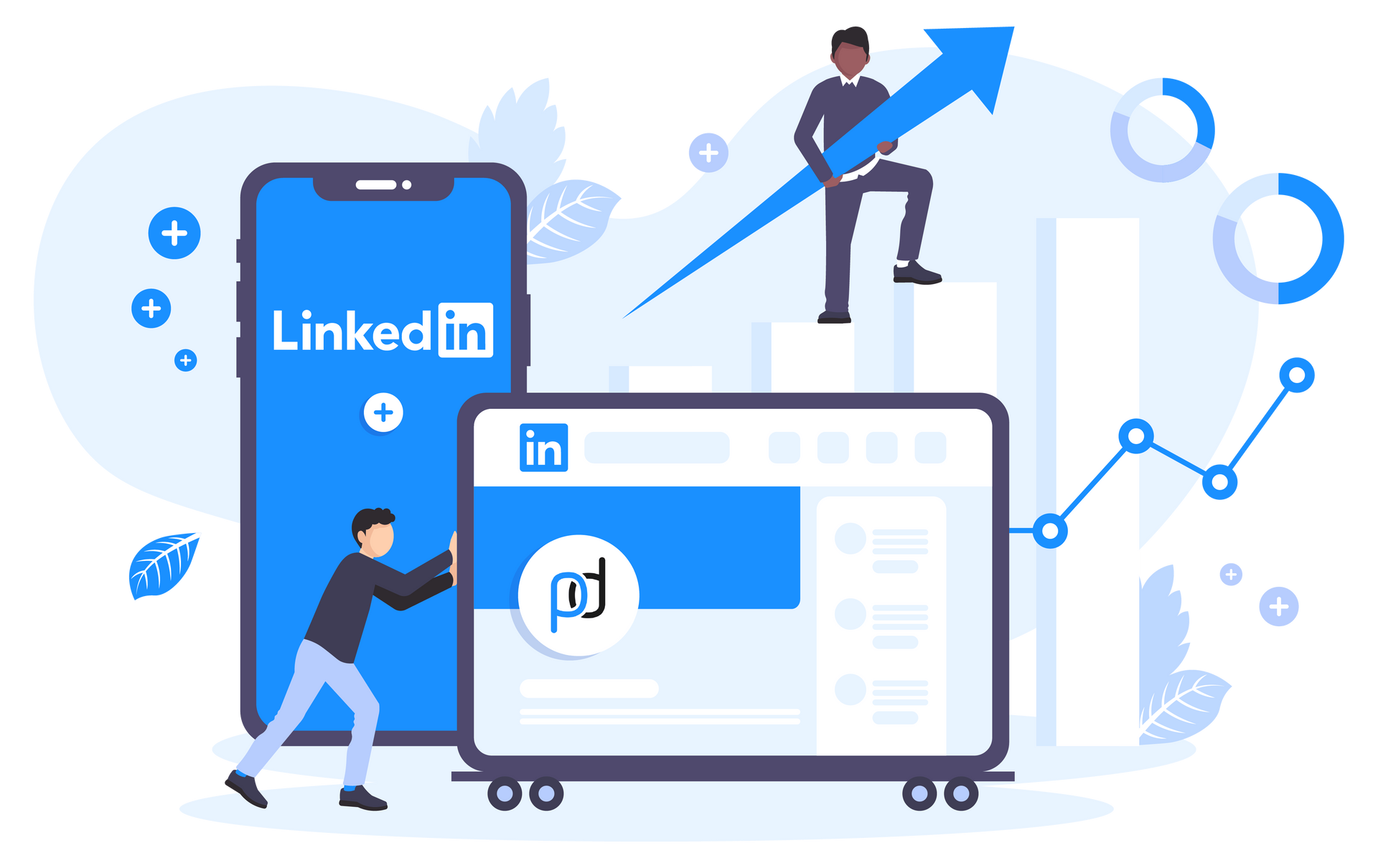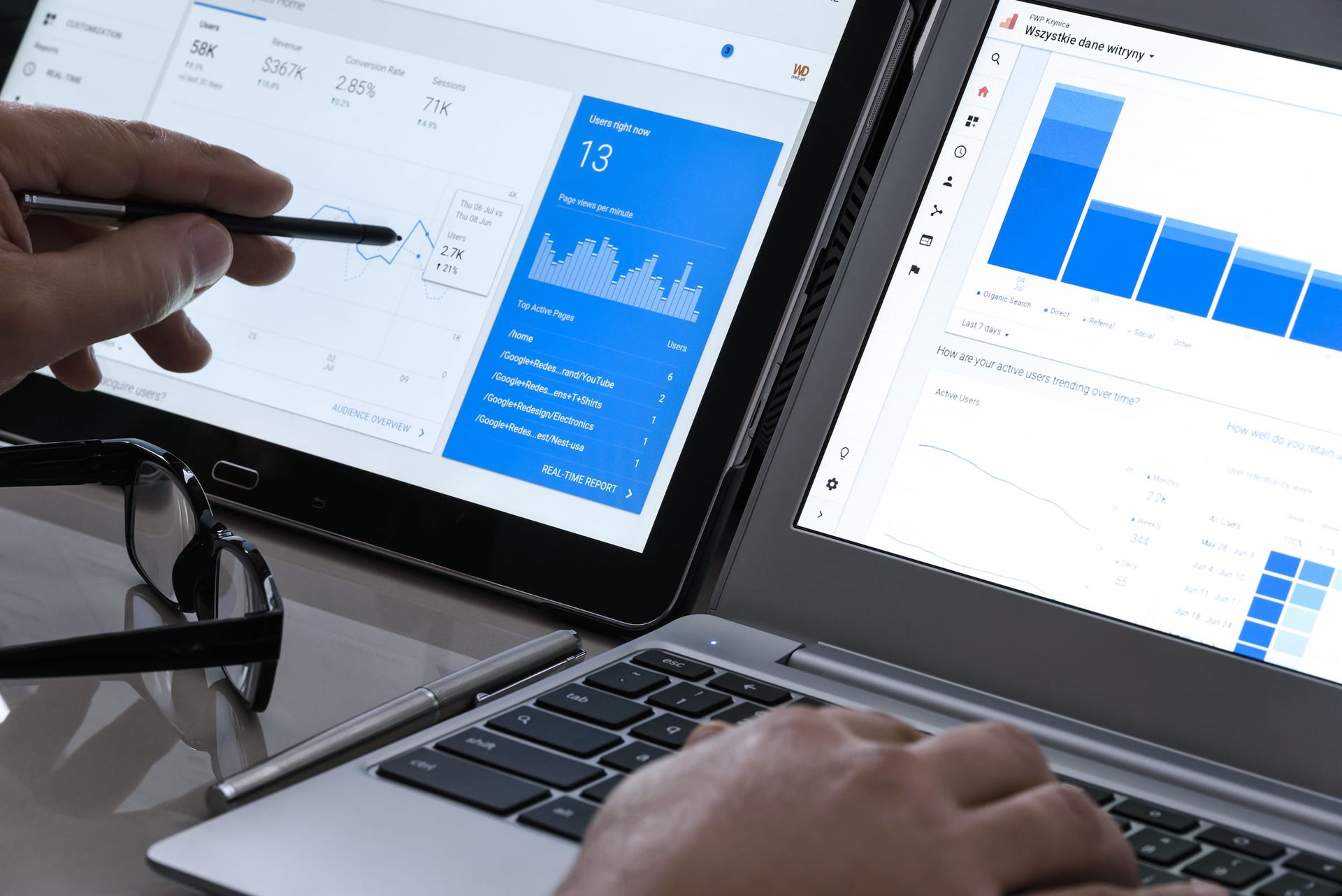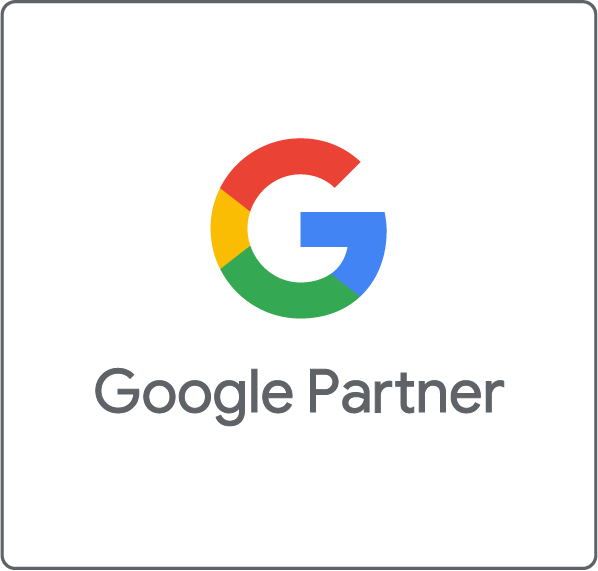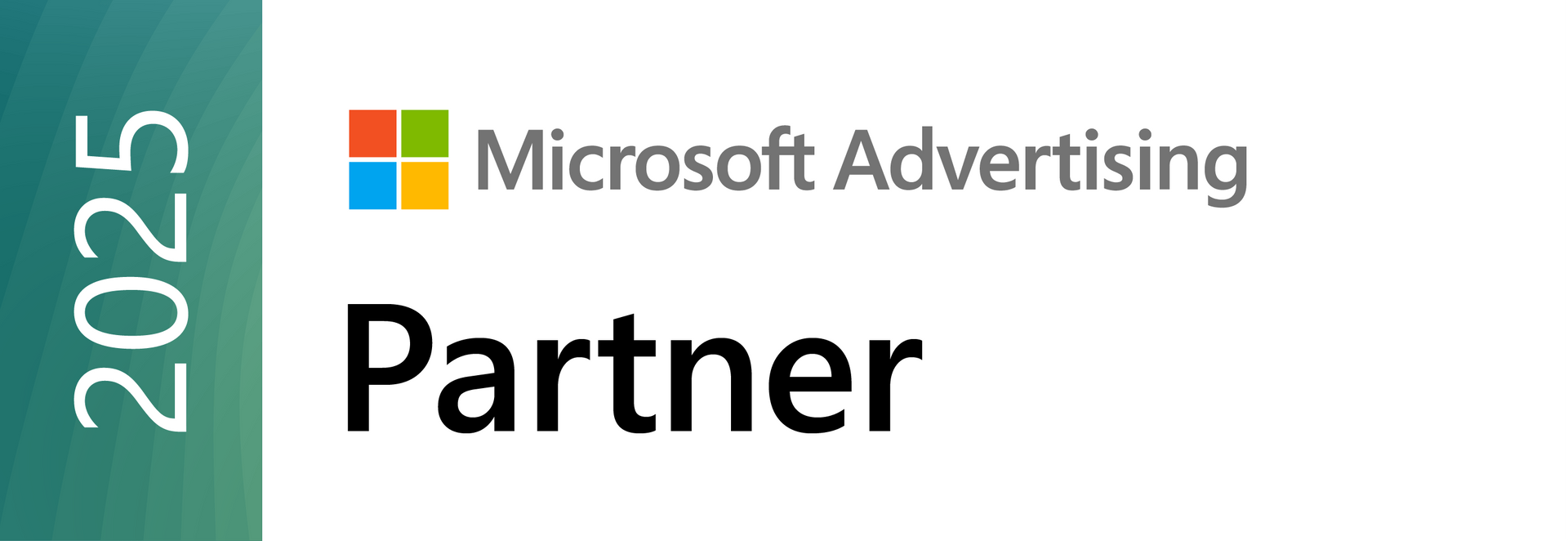If you’re talking about advertising online it’s very likely you’re referring to ether Adwords or Facebook Ads (also known as Pay Per Click or PPC). Of course there are many other types of advertising methods you can do online but these two are the most common. So which do you choose? The decision between Adwords vs Facebook Ads can be difficult to make. Each platform has a variety of different benefits, and each serve a different purpose. Ultimately things like your business position, budget and industry might dictate whether you choose to go with Adwords or Facebook ads. Sometimes you might choose both.
If you’re a complete newbie to these platforms I’ll give you a bit of a run down on what each of them are and what you can do with each. Then I’ll give you some of my tips to help you succeed with your Adwords or Facebook advertising efforts.
Adwords
Adwords is Google’s advertising platform. You’re probably familiar with the concept ‘just google it’. Just googling something is just one way of using Adwords for your advertising.
Googling things, that is, searching for things using Google, is known to advertisers as the Search Network. The Search Network basically refers to Google’s network of search engines. Typically with a search network campaign you use keywords to get matched against search terms a user makes. You bid against each keyword and compete against other advertisers for your position. This is a great method if you know your potential clients are at the research or purchase stage of their buying cycle.
However adwords is a lot more complex than just the search network. You can use the display network (those banner ads you see when you’re browsing the internet). You can also run shopping ads, if you’re an e-commerce store, YouTube ads if you have video content. Mobile only, call only, app downloads, app reengagement and remarketing campaigns are also other features that you might want to use within adwords.
Facebook Ads
Now Facebook is a whole other can of worms! Facebook advertising has become really interesting over the last couple of years.
You have to consider the main difference between Facebook advertising and Adwords advertising. With Facebook advertising you are getting in front of people whilst they are using the social media platform. Consider this, your target market is on the platform to connect with friends, family and businesses that they resonate with or want to be in touch with.
Hence, when advertising on Facebook you want to aim to be as least intrusive as possible. You also want to make sure you are providing value. Facebook is the platform where people will build a relationship with your brand. Where you can subtly nurture them and create touch points in the buying cycle.
Not unlike Adwords, Facebook has a range of ad types that are available to you. You can use video ads, call to action ads (with the aim of sending people to your website to take action), engagement ads that are aimed at building post engagement or even to grow your page likes. You can advertise events, you can advertise to people in Facebook messenger and so much more.
Truthful & Honest Thoughts to Improve Your Chances of Success
Customer Journey
The key thing to think about in any advertising method is your customer journey. You want to create a valuable experience for your audience but also ensure you’re playing on the right platforms at the right time and at the right stage in their journey. For example if you’re a brand new business brand awareness type ads (both on Adwords and Facebook) might be the best way to go. If you’re a well established e-commerce store you might focus on conversions on your site (again both platforms can help achieve this).
Track Everything
Further to note that both Adwords and Facebook have tracking codes (Google Analytics and Facebook Pixel respectively) that also make advertising a lot easier, and are super critical if you want to adopt more advanced strategies. You need to have tracking in order to implement retargeting/remarketing campaigns (this is showing ads to people who have already visited your site).
Consider a Facebook brand awareness campaign to drive cheap traffic to your site, then retargeting those visitors through Adwords Display or Search Network when they’re more qualified to convert.
Consider Your Conversion Goal
Not all advertising is aimed at driving sales on your website. If you’re an e-commerce store, then it likely is. However there are so many different goals that you can strive for through Adwords or Facebook Ads. You might want people to read a lengthy blog post (so you’re goal might be based on session duration). It might be that you want people to fill out an enquiry form on your site, or make a phone call. Each goal has a purpose, and you might have a variety of goals throughout your marketing funnel (more on that below).
Stay Up To Date
Both platforms are constantly evolving to improve the advertiser and user experience. This means different user interfaces, different features and upgrading existing features. It’s incredible the number of changes that occur in such a short time frame. If you stay on top of the changes, you can usually get a competitive advantage because it may help you stand out
Be Patient
It takes time to get consistent steady results. Before you start advertising you need to plan to be in it for at least the medium haul. It’s not a short term strategy, getting rich quick is not the game here! Depending on the complexity of your campaigns and strategy, I would suggest advertising for no less than 4-6 months.
The idea is that you never stop, and you keep at it. But if you’re looking to ‘trial’ it to see if it works for your business, you need to give it good shot. This allows you to account for ‘off’ periods, and seasonality. It also gives you an opportunity to test different campaign types and optimise the campaigns based of the data you gather of that period (the more data the better!)
Put the budget aside
Adwords
If you want to advertise through Adwords you need to put aside at least three months budget for the activity. This ensures you have enough funds to invest during the first three months. This is because the first three months are crucial to a new Adwords campaign. In that three months you will need to test and optimise and get the strategy right. This cannot be done in less than that time. You need to have enough budget for the whole three months and commit to the whole period otherwise it’s a waste to start in the first place.
I know earlier I said you need to advertise for a minimum of 4-6 months, however you need the money for the first three months to ensure you’re not going to run out of funds two weeks in. The hope would be by month four, you will have new money into the business to put back into advertising. Budget recommendations is absolute minimum $20, but ideally $30/day, but this can vary depending on your industry.
Facebook
Facebook can be a ‘shorter’ term strategy if you need something with quicker results. You can probably get away with a one month long campaign to get a good idea of what will be best for your business, (within a month you can test a variety of different ads and their results). Bear in mind that sometimes this means you might test different campaign types and ad formats for more brand awareness, or testing audiences to see if they will convert.
However you still need to have a consistent advertising strategy for 4-6 months regardless to really say what will or won’t work. There are many different campaign types for Facebook which can be tested hence why one month testing per ‘strategy’ then moving onto another strategy to optimise and test results. Budget for Facebook can be about $20/day to start but the more variables you’re testing the bigger your budget needs to be.
Have a marketing funnel
Optimal results usually occur when you have a super tight marketing funnel – in its simplest form, this means you need to have the best landing page and offers to move the prospect through to sale.
If you’re completely new in business, you’re likely going to have to develop a lead magnet product. This is a highly lucrative offer that is typically FREE or super cheap (think $1). For example, my lead magnet is my free mini email course (get on it here). If you’re an existing business there is likely something in your business you can use to fulfil this purpose.
Online, a lead magnet might be a free PDF guide related to your industry. You can see this in bricks and mortar businesses too. Take massage therapists for example. They offer a 10 minute massage for $10, then they upsell to a full hour massage. This is highly effective strategy to get new people into your funnel (and business) and helps you build a list of leads that you can then nurture using email marketing.
Using a lead magnet can be a highly effective way of growing your list, building a good relationship and qualifying leads.
Conclusion – Adwords vs. Facebook…. And the winner is…
Choosing between Adwords vs. Facebook is ultimately dependant on your business model, your marketing plan and your goals. Consider what you want to achieve, and then formulate an advertising strategy that can achieve each of your goals. It’s useful to test both platforms and make sure you give each a fair shot. Businesses today are utilising as many different platforms as they can to get in front of their desired audience. There’s no right or wrong answer and the only way you’re going to find out is to give it a go for yourself.
So there you have it, my top tips on how to succeed with Adwords and Facebook advertising. If you take away anything from this, the most crucial would be to give it the time and money it needs to flourish. If you only have enough money for a week long stint, then you might as well put the money elsewhere. Think of your customer journey and create a strategy that fits in with your business. If you’re not sure what’s best for you, please get in touch with me!








